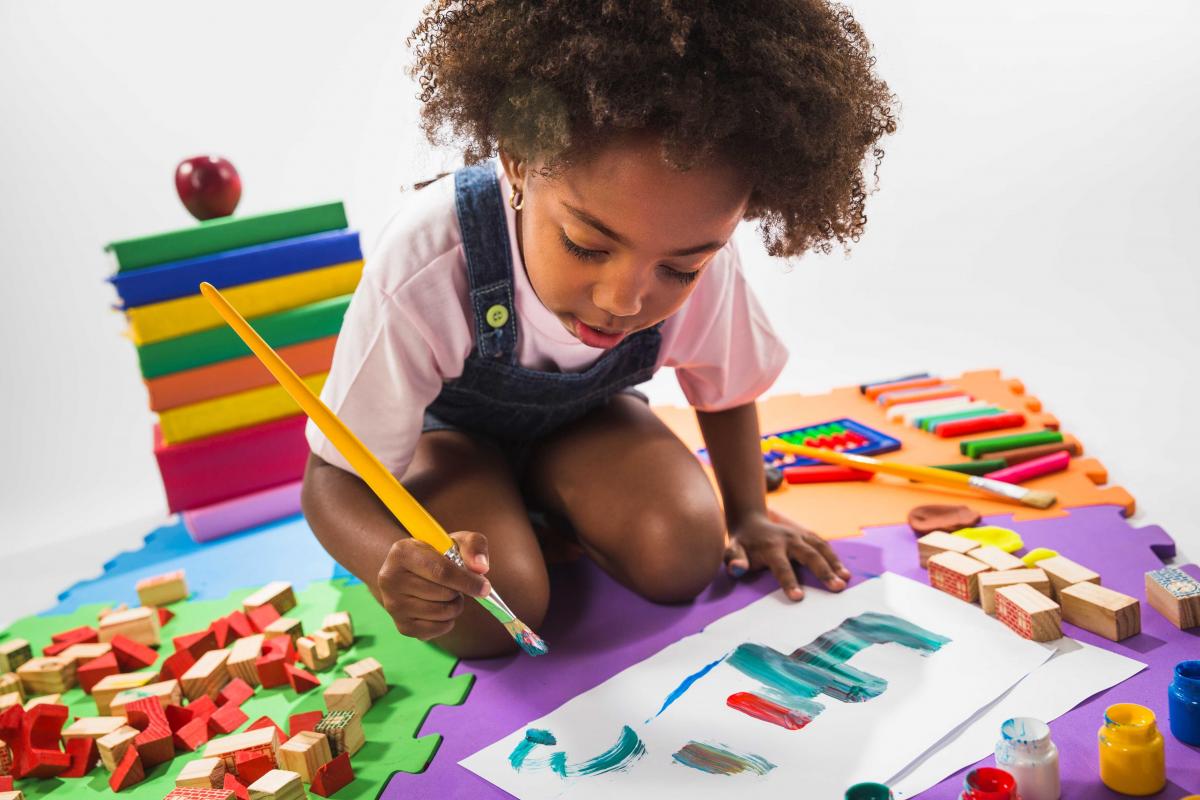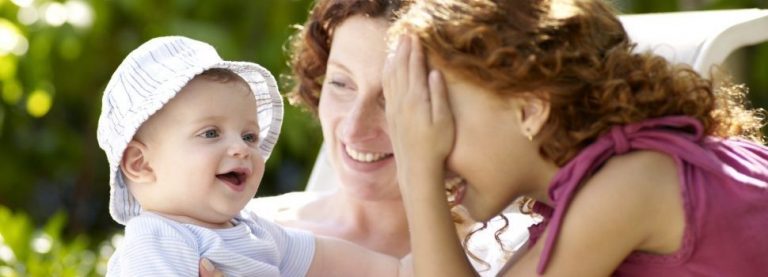Why play is important (Part 1)
MỤC LỤC
1. The importance of play
Play is central to your child’s learning and development. When your child plays, it gives her lots of different ways and times to learn.
Play also helps your child:
- Build confidence
- Feel loved, happy and safe
- Develop social skills, language and communication
- Learn about caring for others and the environment
- Develop physical skills.
2. Different types of play
Unstructured, free play is the best type of play for young children.
This is play that just happens, depending on what takes your child’s interest at the time. Free play isn’t planned and lets your child use his imagination and move at his own pace.

Examples of unstructured play might be:
- Creative play alone or with others, including artistic or musical games
- Imaginative games – for example, making cubby houses with boxes or blankets, dressing up or playing make-believe
- Exploring new or favourite play spaces like cupboards, backyards, parks, playgrounds and so on.
You can be part of your child’s unstructured play – or not. Sometimes all you’ll need to do is point your child in the right direction – towards the jumble of dress-ups and toys on her floor, or to the table with crayons and paper. Sometimes you might need to be a bit more active. For example, ‘How about we play dress-ups? What do you want to be today?’
Structured play is different. It’s more organised and happens at a fixed time or in a set space. It’s often led by a grown-up.

Examples of structured play include:
- Water familiarisation classes for toddlers, or swimming lessons for older children
- Storytelling groups for toddlers and preschoolers at the local library
- Dance, music or drama classes for children of all ages
- Family board or card games
- Modified sports for slightly older children
3. How play develops with your child
As your child grows, the way he plays will change – he’ll get more creative and experiment more with toys, games and ideas. This might mean he needs more space and time to play.
Also, children move through different forms of play as they grow. This includes playing alone, playing alongside other children and playing interactively with other children.
Newborns and babies: play ideas to encourage development
For babies, the best toy is you. Just looking at your face and hearing your voice is play for your new baby, especially if you’re smiling.

You might like to try the following play ideas and activities with your little one:
- Music, songs, gentle tapping on your baby’s tummy while you sing, or bells: these activities develop hearing and movement.
- Peekaboo: this is great for your baby’s social and emotional development.
- Gentle tickles, or objects with different textures, like feathers, mud, metal or foam: these develop the sense of touch.
- Objects of different sizes, colours and shapes: these can encourage your child to reach and grasp.
- Sturdy furniture, balls, toys or boxes: these can get your child crawling, standing and walking.
Regular tummy time and floor play are very important. Tummy time helps your baby develop muscle strength and control. It also lets your baby see and experience the world from a different perspective.


